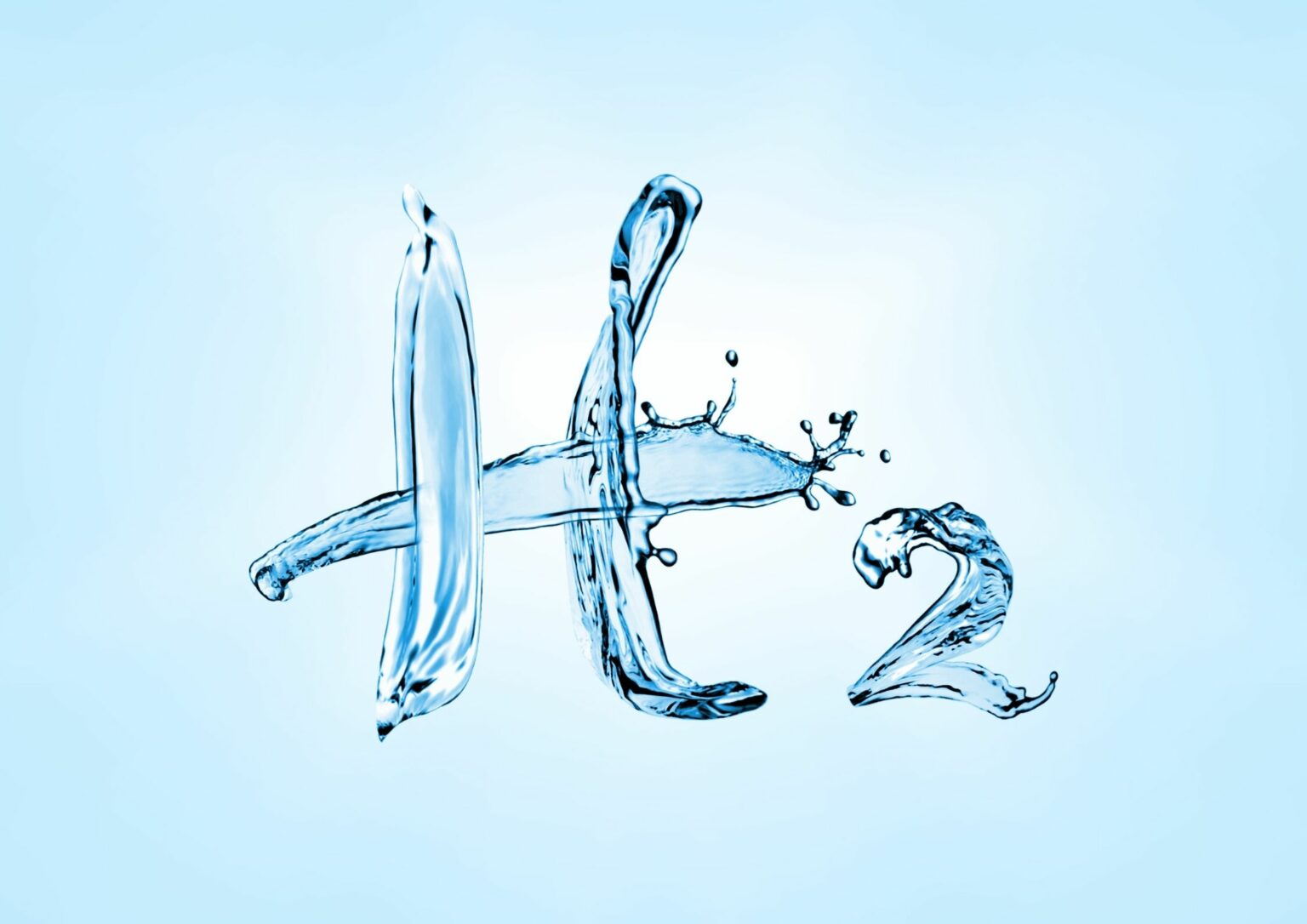LANXESS, a leading specialty chemicals company, has introduced innovative ion exchange resin grades under its Lewatit UltraPure range, tailored for water treatment in PEM electrolysis (Proton Exchange Membrane Electrolysis).
While LANXESS’s advancements hold promise for sustainable hydrogen production, a critical evaluation is essential to understand their impact within the hydrogen energy sector.
PEM electrolysis, leveraging a proton exchange membrane to split water into hydrogen and oxygen, stands as a key technology in the transition to a hydrogen-based economy. Compared to alkaline electrolysis, PEM technology offers advantages like higher current density and the ability to operate in smaller systems. Additionally, its compatibility with renewable energy sources contributes to low CO2 emissions, aligning with sustainability goals.
LANXESS’s Lewatit UltraPure ion exchange resins, including 1242 MD, 1212 MD, and 1295 MD, are optimized for water treatment in PEM electrolysis plants. These resins play a vital role in maintaining water purity, crucial for the efficient and reliable operation of PEM electrolyzers. However, while LANXESS promotes the effectiveness of its resin grades, it’s essential to assess their performance against industry standards and requirements.
LANXESS’s Liquid Purification Technologies (LPT) business unit collaborates with renowned gas producers to establish standards for efficient water treatment in PEM electrolysis plants. This initiative reflects LANXESS’s commitment to industry collaboration and promoting best practices. However, the extent of standardization achieved and its impact on industry-wide adoption remain subjects for scrutiny.
